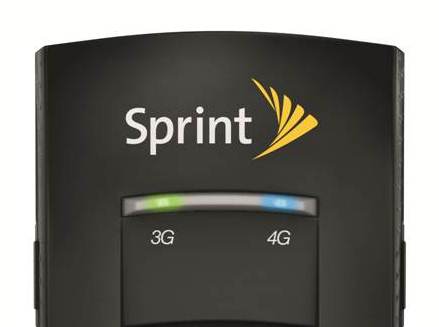Telecom & Wireless
Sprint Merger With T-Mobile No Match AT&T and Verizon
Published:
If Sprint Corp. (NYSE: S) merges with T-Mobile US Inc. (NASDAQ: TMUS), the company the transaction would create would still be smaller than AT&T Inc. (NYSE: T) or Verizon Communications Inc. (NYSE: VZ), America’s two largest wireless carriers. And it would remain as financially troubled as the two companies that would create it. Even on the long chance that regulators would approve such a deal, it is hard to see why the merger would be good for shareholders or customers. Putting together the two firms would be a logistics nightmare.
Sprint’s chairman, Masayoshi Son, also the head of Japan’s Softbank, told newsman Charlie Rose that, “We would like to make the deal happen, but there are steps and details that we have to work out.”
T-Mobile claims it added 4.4 million customers last year, which would put its total at 47 million. Sprint has 54 million, so between them, the companies have 100 million, assuming there is no duplication. That is short of Verizon’s 103 million and AT&T’s 110 million. More importantly, the merged company would face tremendous hurdles putting together customer bases and creating a new brand identity.
Sprint has been widely criticized for its 2005 buyout of Nextel. The Nextel network was finally shuttered in 2012. Over the period, Sprint lost billions of dollars as it struggled to maintain two networks, two brands and two customers bases. These two customer bases paid different fees and had different subscription plans from one another.
T-Mobile has decided to take on its larger competitors through a series of deep discounts in an effort to draw customers from the other three carriers. While this may have worked initially, most analysts believe it will trigger financial losses. T-Mobile may never be able to raise the rates it charges those customers. If it does, some of them will leave. Its balance sheet cannot compare to AT&T’s and Verizon’s, and neither can Sprint’s.
AT&T and Verizon have several advantages that no competitor can match. Each has a well-established network. Each has been in business for years using the same brands, the same retail store outlets and parent companies that offer other products that create diversification and financial strength. A merged Sprint and T-Mobile cannot come close to matching the other two with their huge landline, broadband fiber and business-to-business operations. And what would customers face? A company with a new and unfamiliar name. Retail stores closed in a consolidation? Two networks that may not work together?
A T-Mobile merger with Sprint would take years to integrate properly, if it could be. In the meantime, AT&T and Verizon would have unprecedented opportunities to steal the new entity’s clients.
Credit card companies are at war. The biggest issuers are handing out free rewards and benefits to win the best customers.
It’s possible to find cards paying unlimited 1.5%, 2%, and even more today. That’s free money for qualified borrowers, and the type of thing that would be crazy to pass up. Those rewards can add up to thousands of dollars every year in free money, and include other benefits as well.
We’ve assembled some of the best credit cards for users today. Don’t miss these offers because they won’t be this good forever.
Flywheel Publishing has partnered with CardRatings for our coverage of credit card products. Flywheel Publishing and CardRatings may receive a commission from card issuers.
Thank you for reading! Have some feedback for us?
Contact the 24/7 Wall St. editorial team.